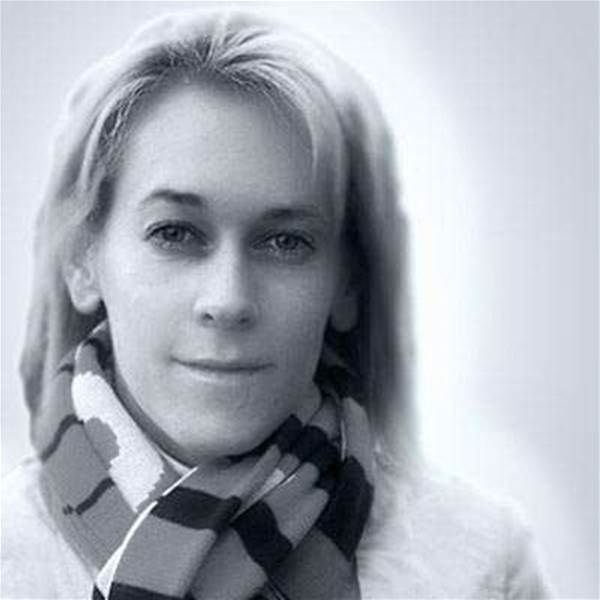WHILE almost all Queensland football talk is of the cashed-up Gold Coast United A-League team, its private jet, and Clive Palmer’s soon-to-be-dashed prediction of going through the season undefeated, some other, less talked about football has been taking place on the sunny GC.
The Westfield Matildas have been quietly completing monthly training camps to prepare for the 2010 Asian Cup, the precursor to women's football's pinnacle: the 2011 Women's World Cup.
A training camp at the Gold Coast sounds glamorous and - dare I say it - even fun. But you'd be mistaken for thinking it was all pillow fights and pedicures. FourFourTwo caught up with Matilda and Sydney FC W-League player Joanne Burgess to find out exactly what the camps involve and why, despite having 40 caps to her name, she thinks of herself more as a Matildas 'veteran' than 'mentor'.
The Matildas made it to the Quarter Finals of the 2007 Women's World Cup - the furthest that any Matildas team had ever made it before. The team is keen to replicate and even improve on that result in 2011. A number of the Matildas involved have since retired and Burgess notes that the camps represent an integral rebuilding phase. It's also, she says, 'a great opportunity to allow players who are not usually in the team to be seen by [national coach] Tom Sermanni and gain valuable experience'.
But camp spots are highly sought after: 'It's important to be selected for every national camp as the more opportunity you have of performing in front of the national coach, the better your chances are for selection in the Matildas.'
Which is, after all, every Australian female footballer's dream.
With players hailing from all over the country and with few opportunities to play together, the Matildas' camp training comprises primarily tactical and technical work as well as developing playing familiarity. The players generally train twice a day, with recovery, lunch, and physio sessions in between. Burgess is diplomatic enough to say that she enjoys most of the training sessions, particularly the small-sided games. She does, however, concede that recovery is her least favourite exercise: 'Nobody likes standing in freezing cold water after training when really all we want to do is eat and stand in a nice warm shower.' Yeah, we'd second that.
At the GC, the players use the hotel pool or head to the equally chilly beach for recovery. But when they train at the AIS - which they do often, it's just that they've recently discovered that it's a little more pleasant to train in the warmer Queensland climes - there's a recovery centre with ice baths and a spa. The ice baths sound a little macabre for our tastes, but Burgess actually prefers them to the spa, usually spending between 8 and 10 minutes in them each session. Shudder.
Still, there are some upsides. Burgess has witnessed the recent explosive uptake in and change in attitudes towards women's football, noting the increased media coverage that the team experienced during-and after-the World Cup in China. 'Along with this and the W-League,' she says, 'the opportunities and professionalism now within the sport are tremendous.'
But while the opportunities are there, there's still stiff competition for selection. A squad of just 18 field players and 2 goalkeepers will be selected for the 2010 Asian Cup and it will, she says, 'be very competitive to not only make the team, but to cement a position in the starting 11'.
With 40 caps to her name, Burgess is one of the more experienced Matildas. Yet, ever humble, she doesn't see herself as a mentor to the younger players: 'With the development of Young Matildas (20 years), and the Under 14 and Under 17 national teams, players are gaining experience at international level a lot earlier,' she says. 'When they are eligible for the Matildas they are a lot better prepared to step straight into the team.'
Instead, she says, 'We are considered role models for other players seeking representation in the sport. I personally see myself as more of a veteran than a mentor.'
Either way, we look forward to seeing the on-field results of these quiet achievers' training camps.












